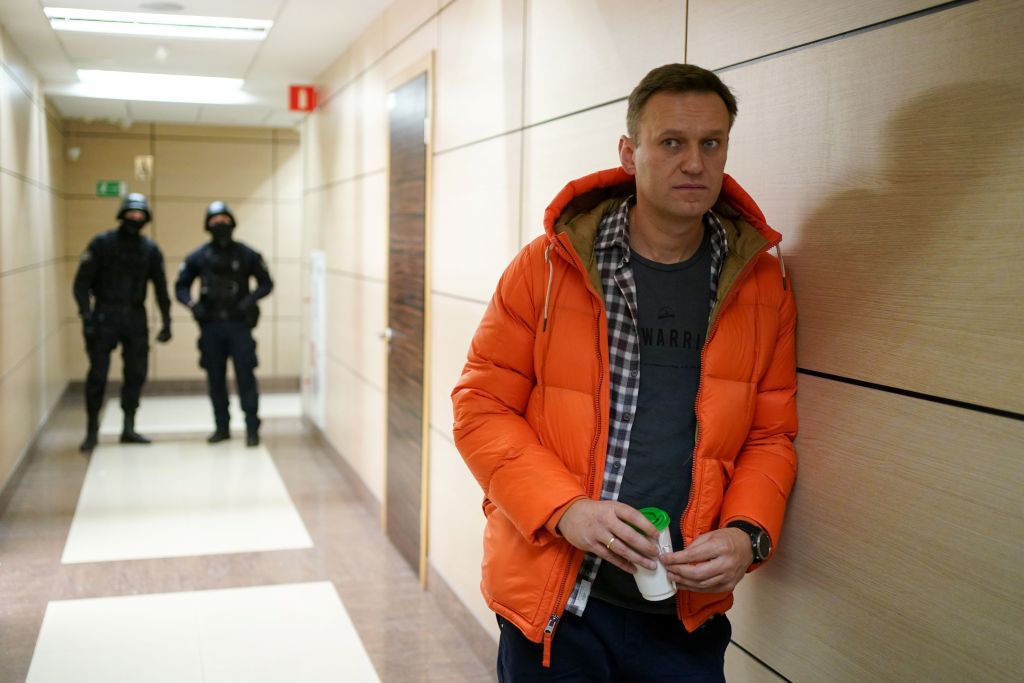At first glance, Alexei Navalny seems like exactly the sort of man the West would want to sit in the Kremlin. He’s anti-corruption, anti-oligarchy, anti-ballot rigging and – most importantly – anti-Putin. Many in the West believe his election would result in a seismic shift in Russian foreign policy – and perhaps even lead to historically unprecedented positive relations with Moscow.
The Western media have certainly reinforced this idea, as they’ve reported on Navalny’s attempts to break Putin’s stranglehold on Russia and the many moves to silence him with a series of arrests, assaults, and poisonings – the most recent of which led to his hospitalisation last week. Perhaps influenced by the fact that many of those targeted by the Kremlin in the past (such as Boris Berezovsky, Anna Politkovskaya, Sergei Skripal, Sergei Magnitsky, and Alexander Litvinenko) have had pro-Western sympathies, the media have been keen to portray Navalny in a similar light.

Get Britain's best politics newsletters
Register to get The Spectator's insight and opinion straight to your inbox. You can then read two free articles each week.
Already a subscriber? Log in






Comments
Join the debate for just £1 a month
Be part of the conversation with other Spectator readers by getting your first three months for £3.
UNLOCK ACCESS Just £1 a monthAlready a subscriber? Log in